Meta insider exposes Facebook owner’s deepest fears
It’s playing hardball with Australia and other countries, but Meta whistleblower Frances Haugen has urged regulators to call the social media company’s bluff.
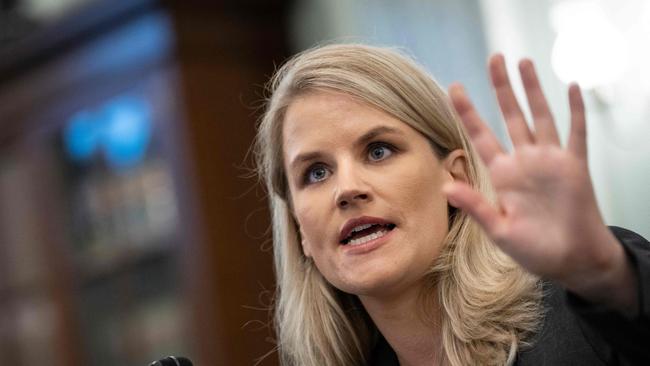
Meta’s refusal to renew media deals and block news content on Facebook – while scams run rife on its platform – stems from a culture of putting profits ahead of the public good, according to insider-turned-whistleblower Frances Haugen.
But the $US1.29 trillion tech behemoth’s aggressive stance also fails to tap into one of its greatest fears: competition.
“For years, the thing that Facebook feared the most was a competitor coming up from below and challenging them,” Haugen told The Weekend Australian.
“They went around the world and they paid for people’s data on their cell phone plans to make sure that they felt incentivised to use Facebook’s products over anything else. The only place that a competitor did emerge was the one place where Meta was not allowed to play, namely China.”
Chinese-owned TikTok - despite facing a potential ban in the US - has emerged as Meta’s main challenger, with some analysts expecting it to even overtake Facebook as early as next year.
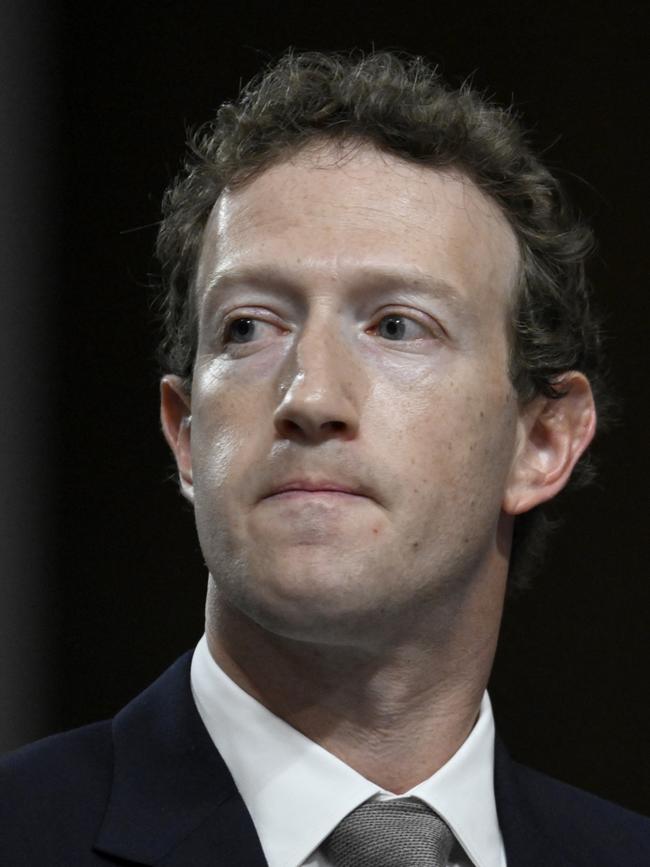
Amid this threat, Meta is sparring with governments and regulators from Ottawa to Canberra, damaging its social licence. It’s not just its refusal to pay media companies for their content - a move that will rip $70m a year from Australian newsrooms - but also their handling of scams, which are ripping off millions of dollars from everyday Australians.
Meta’s chief scientist Yann LeCun offered a glimpse into the tech giant’s thinking earlier this year when he said that most authors should give away their content for free, given they don’t make much money from their work.
This is despite the Australian Competition & Consumer Commission finding that Meta generated $4.7bn and $5.1bn in Australian advertising revenue from Facebook and Instagram in FY21-22.
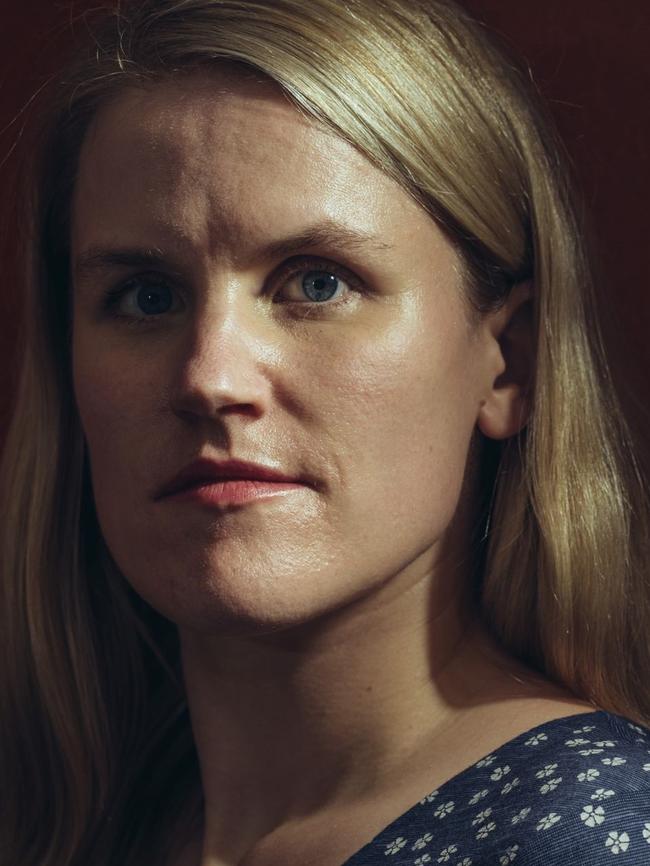
But Haugen - who built a successful tech career in California’s Silicon Valley before testifying that Facebook promoted hate speech and pushed eating disorder content to teenagers on Instagram - said the Australian government and regulators should hold their nerve against Meta.
Haugen said they should not be fazed if Meta threatens to withdraw their services entirely from Australia - a move which it has made in British Columbia after the Canadian province’s government introduced legislation to cover health-related costs from online “wrongdoers”, including the social media platforms.
“I’m intrigued when Facebook makes these threats because what would a world look like where there were real Facebook competitors, like not people who had come in from the peripheries and markets where Facebook was dominant, but ones where it’s like this is now a greenfield. Like what would that look like?” Haugen said.
“The fact is, they’re trying to hold you hostage. In general, you don’t negotiate with hostage takers. It just doesn’t end well. It sets a bad precedent. It gets worse next time.
“And so the question is ‘do you think their behaviour is going to be better next year if you fold to them this year?’ And so at some point, you have to face the consequences of the systems that we live in, and I look forward to seeing what kind of world Australia helps shape’.
Toxic culture
Haugen said there was a toxic culture within Silicon Valley, whereby shortcuts and a cavalier attitude towards regulation is taken in pursuit of profits, Haugen said.
“Tech executives think on very short time horizons, like they get rewarded, they get punished on quarter, year, a couple year time frames.
“There’s a saying in Silicon Valley that if you stay in your job for more than two or three years, you’re basically taking a pay cut. You have to keep moving between competitors
“And so cutting a few corners now, if the regulatory action takes five years, you probably won’t be around by then.”
Cutting corners has sparked the wrath of ACCC chair Gina Cass-Gottlieb, who singled out Meta as the worst tech giant to deal with when trying to stamp out financial crime. The ACCC has been lobbying for new mandatory codes of conduct for banks, telcos, and tech giants, as the regulator moves to squeeze scammers.
Cass-Gottlieb was particularly frustrated at Meta’s failure to rapidly remove fake celebrity ads and other scams. It’s not just the regulator that has become exasperated at
Meta, Australia’s richest person Gina Rinehart has written to Meta’s founder and chief executive Mark Zuckerberg urging him to do more to combat scams impersonating her and others.
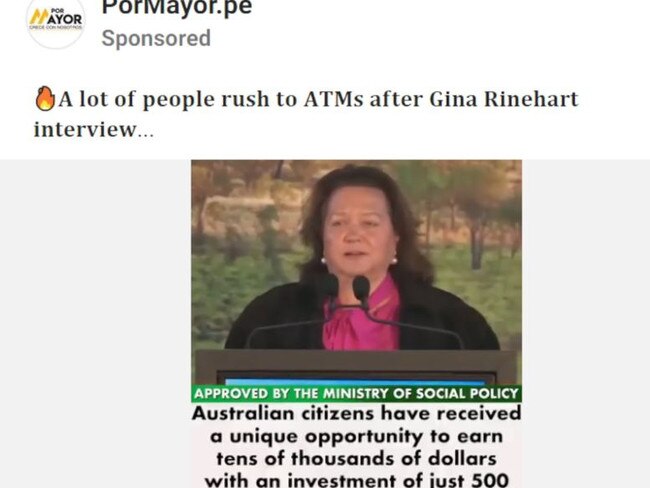
Billionaire scam fury
“Meta needs to do more (as) innocent Australians are falling victim to job scams through Facebook,” Ms Rinehart wrote in open letter on behalf of other well known Australians, including billionaire real estate developer Harry Triguboff and entrepreneur Dick Smith,
“According to the National Anti Scams Centre, Australians reported a record $3.1bn lost to scams in 2022. This represents an 80 per cent increase from the year before. The NASC also estimates that about 80 per cent of all scams reported include some form of impersonation of a legitimate entity.
“This has happened using me hundreds of times, and my staff can’t keep up; there are so many,’ Mrs Rinehart said.
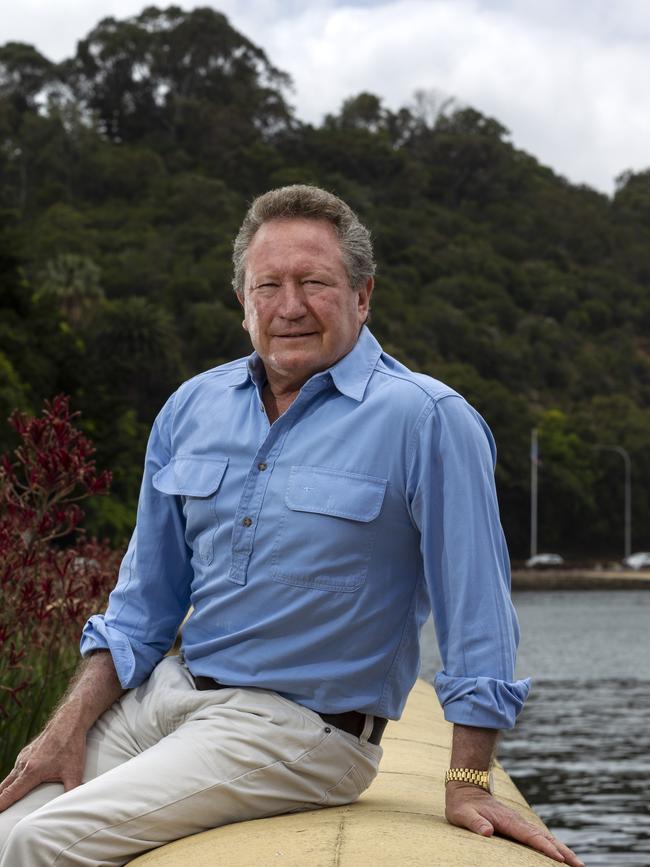
Fellow mining billionaire Andrew Forrest has launched legal action against Meta over scam ads, saying he is aiming to prevent Australians from being ripped off.
He has vented his fury at the tech giant for failing to spend some of its vast profits on stopping scams, labelling it “reprehensible” after a new deepfake video emerged using his identity last month.
But Meta says it has more than quadrupled its safety and security teams to more than 40,000 since 2016 to remove hate speech, harassment, threats of violence and other content that could potentially cause harm. It also says it blocks “millions of fake accounts from being created every day”.
“Social media has enabled more voices to be heard, but some people use it to do harm. That’s why we have Community Standards that specify what’s allowed on our apps, and we remove anything that breaks these rules,” Meta said.
“We won’t always get it right, so we invite people to appeal our content decisions. We also track and share our progress in making Meta’s apps safer.”
But some experts say such efforts have waned, following several rounds of job cuts at Meta.
Australians and Americans fleeced
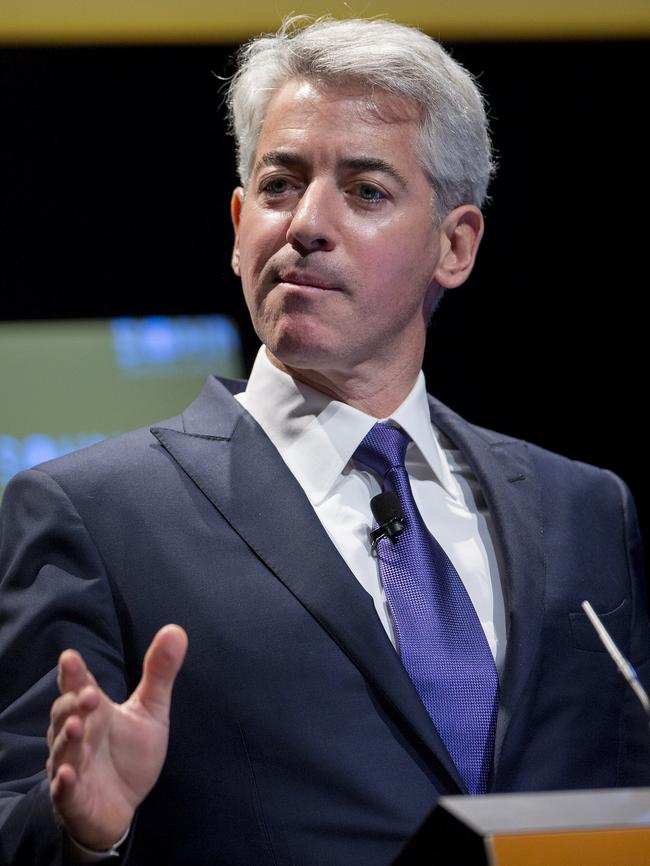
And it’s not just Australians voicing concern. Facebook scammers are also fleecing Americans out of their life savings by impersonating billionaires, including hedge-fund manager Bill Ackman who, like Rinehart, expressed his frustration at Meta’s inaction. “It’s like a game of Whac-a-Mole,” McGill said. “It’s been a huge problem and all social-media companies need to do more to prevent people from being scammed like this.”
NAB executive group investigations Chris Sheehan - who previously worked at the AFP for almost 30 years - called on big tech “needs to come to the party” to help combat financial crime.
“We need to remove the sugar off the table in some respects and what I mean by that is if there’s scam advertisements, running on platforms, we need to be able to share that intelligence quickly and get those advertisement taken down - taken down as quickly as possible because the longer they single up thing the more people are likely to fall victim to them.”
NAB customer reports of goods and services scams have increased 78 per cent in the past three months. These scams involved a social media or online marketplace in about 60 per cent of cases.
“A large proportion of investment scams originate online. It is only by actively collaborating in real time with banks and telecommunications providers, sharing data and moving swiftly to take down investment scam advertisements when placed on notice or advised by trusted partners that we can build a safer and more resilient community.”
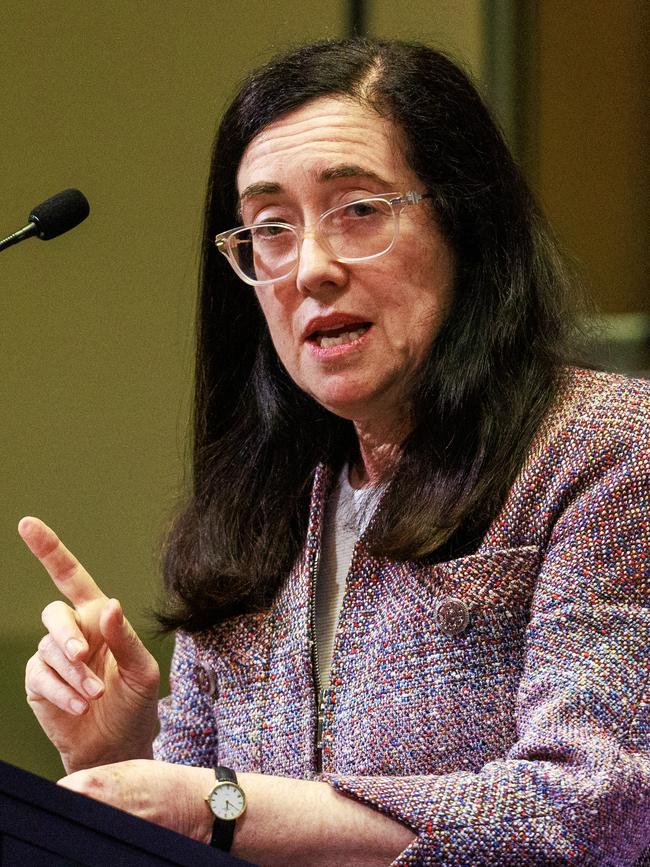
Call for regulatory action
The ACCC is halfway through a five-year inquiry into the market power of the tech titans, including Meta. Despite regulatory action taking time, Haugen says it was vital companies are held to account.
“The best time to plant a tree is 30 years ago. The second best time to plant a tree is today,” She said.
“The most important action for Australia is to remember that there are powers that matter beyond the United States or say the European Union, right? Like Canada has invested a huge amount of effort in developing their bill.
“There is a lot of value in using bills like that bill as a template and saying, ‘can middle powers begin to converge on a model where there is a third, centre of power’. There’s the United States which has chosen to do nothing, which is actually a position. There’s the European Union which has taken another one - the UK it’s kind of in that bucket. But imagine a world where you had a coalition of other middle powers that shared resources.”


To join the conversation, please log in. Don't have an account? Register
Join the conversation, you are commenting as Logout